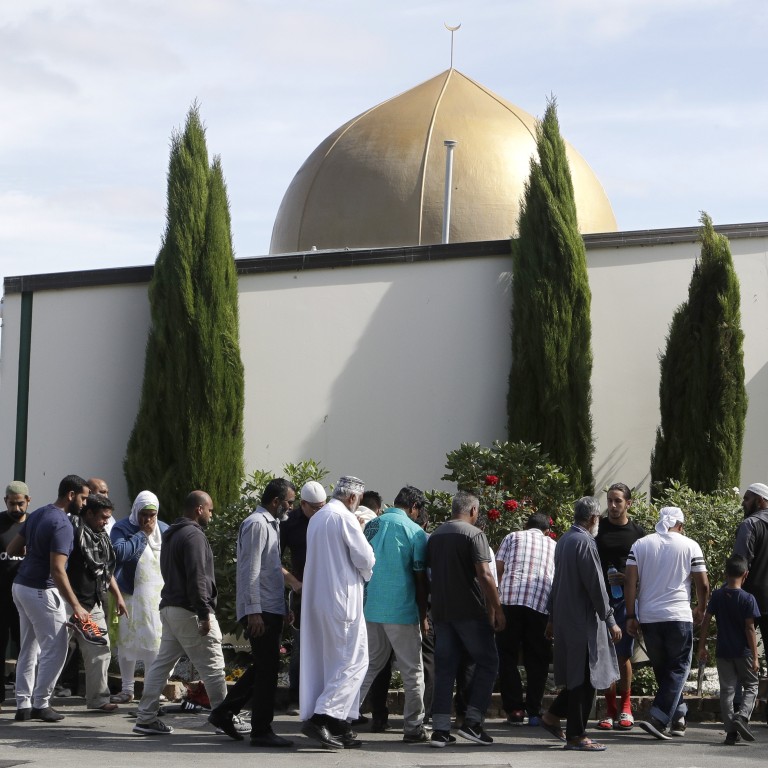
It should not have taken a tragedy to recognise far-right extremism
- The way police and security agencies, lawmakers, internet companies and the media have been dealing with extremism, no matter from where it comes, has to change
Extremism takes many forms, but governments have largely been focused on Islamists. It has taken the murder of 50 men, women and children at two mosques in Christchurch in New Zealand, allegedly by an Australian gunman who identified himself as a white supremacist, to draw attention to the far-right. Hate speech and crimes under any banner can never be tolerated. Police, intelligence and security agencies, politicians and social and traditional media all have crucial roles in preventing their rise and spread.
The accused, Brenton Tarrant, was not on the radar of authorities. He had no record of criminality or violence and they were unaware of his extremist views and online activities when licences for the guns he used to carry out his attack were approved. Only in the wake of his alleged killing spree are investigators combing through his internet activities and gaining insight into his sordid world of hatred towards Muslims and minorities. He may have come to their attention sooner had authorities been as interested in the activities of far-right radicals as they have for so long been in Islamists.
Under pressure, social media has been fastidiously taking down propaganda of Islamic State and other extremist Muslim groups. But the racism and anti-Semitism of the far-right has been largely downplayed and allowed to flourish. Western governments and media have often aided the bias, labelling attacks by Muslims as terrorism and those by the far-right as revenge killings. Politicians have often not been willing to speak out and even added to the climate of racial and religious intolerance; United States President Donald Trump and leaders and parties in Italy, Hungary and Poland, among others, have been gaining support through anti-immigrant policies. The double-standard has led to a failure by many people to appreciate the similarities of far-right and Islamic extremism. Like white supremacists before him, it meant Tarrant had access to racist websites, could publish online a manifesto and plan his attack without drawing attention. Shockingly, he then was able to gain praise from other racists by live-streaming the rampage on Facebook through the body camera he was wearing as if it were a video game. The images quickly went viral and although authorities promptly ordered them to be taken down and millions of shares were removed, the nature of the internet makes the task all but impossible.
There has been an outpouring of sympathy for the victims and their families and pledges for reform. New Zealand has announced a ban on military-style semi-automatic guns and assault rifles such as those used in the attack. But the way police and security agencies, lawmakers, internet companies and the media have been dealing with extremism, no matter from where it comes, also has to change.

